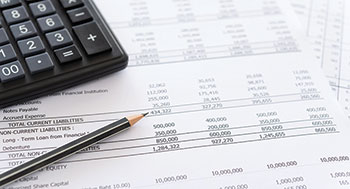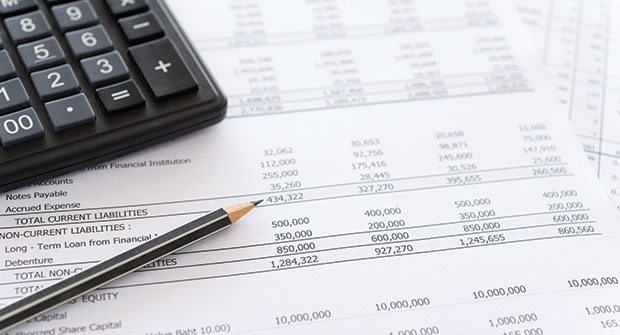
At some point, your company will probably be selected for a sales and use tax audit, and you need to be prepared. For those landscape professionals who are in states where services are not subject to sales tax, you may believe that you have dodged the bullet. Not true! While the services you sell may not require that you collect and remit sales tax, many of the products that you purchase for your office, your inventory and your operation are subject to use tax. Use tax falls within the guise of this type of state audit.
Why were you chosen?
It could be that the state has chosen the industry as high risk. It could be that your trucks were spotted in a nearby state that you have not registered for taxes in. It could be that one of your suppliers was audited and your company was red flagged. Or it could be random. No matter what the reason, make sure that once you get the “request for audit,” you understand the process, hire a CPA with industry experience and prepare for a little old-fashioned aggravation.
What information will the auditor look for?
A sales journal will be required where the auditor will make his or her selection looking for sales invoices, evidencing what was sold and if sales tax was charged when required. If not, are there resale or tax-exempt certificates on file? If no tax was charged when required, this will add to the error rate discussed below.
Next, the auditor will ask for a purchase journal, including all vendor purchases your firm made, to select vendor invoices to test if sales tax was properly charged to you or you accrued and properly paid use tax on purchases you made during the ordinary course of business. I can tell you that this one becomes difficult, especially for those who do most of their purchases on credit cards because the original invoices evidencing sales tax paid aren’t usually available and will either need to be secured or added to the error rate.
Fixed asset purchases during the audit period, along with invoices, will be examined to make sure sales or use tax was remitted. When these items are purchased out of state, that’s where you usually run into trouble as the seller doesn’t charge the tax, and you as the buyer many times don’t accrue and pay the use tax.
Finally, you will be asked for financial statements, bank statements and tax returns including income and sales and use tax. These items will help confirm that everything is being reported and that all sales and use taxes are accurately remitted.
What if the auditor finds issues?
As the auditor looks at the material you provide, there will probably be some items that are tax deficient, and the auditor will be looking for tax, penalties and interest on those amounts.
But that’s not it. Remember above? The error rate? Well, if in the sample, the auditor establishes, for example, a 5 percent error rate, meaning 5 percent of the invoices examined should have had sales or use tax accrued and paid, then that 5 percent will be applied to the entire period open by statute (usually three years). This can become extremely costly, and all options — including doing a full-blown audit for the entire period open under statute — may be wise. You should speak with a qualified CPA or tax attorney to determine the proper course of action.
The above is just the tip of the iceberg on the topic. If you get that letter in the mail requesting an audit, my recommendation is to call a CPA familiar with the industry to manage the process.


